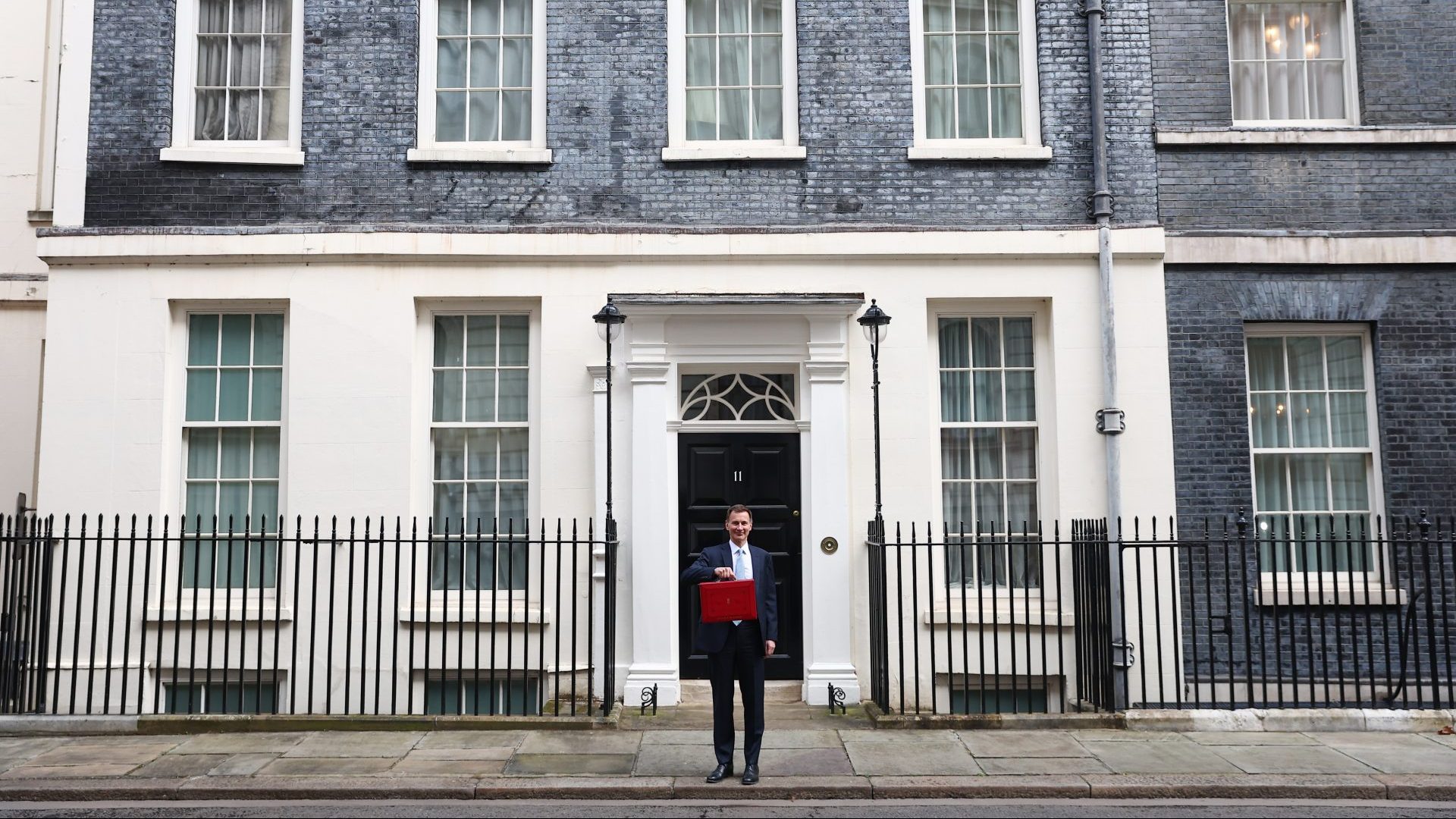Almost the chancellor’s final words during his budget speech were “back on the road to lower taxes”. As my mother used to say, that hides a multitude of sins.
What does “back on the road to lower taxes” mean? Well, Jeremy Hunt’s headline tax cut was the well-leaked 2p off the national insurance rate, which is worth some £450 to the average earner a year. But how is that going to be paid for, and will it actually bring down the overall tax burden?
For a start the British economy is in a recession, a problem that seemed to have slipped the chancellor’s mind during his overlong speech. But growth rates for the economy are now predicted to be a bit higher than previously thought in coming years, and so Hunt had some room for manoeuvre.
He did not abolish non-dom tax breaks but he did limit them to four years, rather than the current 12. This should bring in some money; although the expensive tax lawyers employed by the super-rich will be all over that change like a bad rash, looking for new ways for their clients to avoid paying tax.
But the biggest saving Hunt “found” was what we always thought it would be – a further and probably impossibly tough cut to public spending. This was sold as an increase in public sector productivity, but that is just another way of telling departments they would have to do more with less. The cuts involved departments other than defence, health and care will have to be huge. The idea that productivity can make up for that is a farce, but it is a farce that a new government will have to deal with when, as Keir Starmer joked afterwards, the prime minister is in Santa Monica and Hunt is back in Surrey.
(Oh, and on the subject of defence – I did not notice any new money for it. Perhaps I missed it, but Grant Shapps seems to have come away empty-handed.)
After that, the whole thing was a bit of a damp squib. Nearly every marginal constituency seems to have a Tory MP who has personally persuaded the Chancellor to be generous to puppies, orphans and quite possibly orphans with puppies. At least they all got a mention to put firmly on the re-election campaign trail.
Meanwhile, the government did find the money for a new tax-free ISA – one only the rich can afford to use – and cuts to capital gains tax. That’s another tax cut for the rich – cutting a tax that actually needs to rise.
On the whole then, this was a budget designed to shoot the Labour Party’s fox and salt the earth. Jeremy Hunt has taken all the money available and spent it on a few eye-catching schemes and on that cut in national insurance.
But does cutting NI make up for the stealth increases in income tax that Hunt announced previously, by freezing thresholds so more people end up paying higher rates of tax when their wages rise because of high inflation? The answer is a resounding no.
The tax burden in the UK, the total percentage of the economy that the government takes, is heading for an all-time high and set to climb further. The OBR expects it to reach 37.1%, a massive rise in the tax burden. The cuts to national insurance cannot reverse that trend.
So although Hunt says we are “back on the road to lower taxes”, we are actually getting their by driving down a road with a signpost reading “higher taxes this way”. What a curious route.










